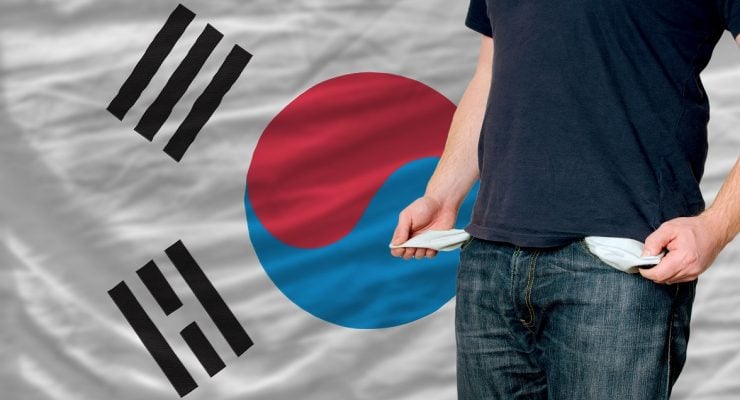When you arrive in South Korea, you’re guaranteed to want a local phone number and internet plan as soon as possible.
Having a Korean phone number is a necessity for daily life. Without it, there are many things that you won’t be able to do, including using certain applications or making purchases online. A local phone number is also a prerequisite to opening a Korean bank account.
Getting a SIM card prior to arrival
If you want to have a working SIM card even before arriving in-country to de-stress your first few days as much as possible, you can opt for a temporary SIM card designed for travellers. Trazy has different options for SIMs, which they can mail directly to your address abroad. You can also use Ubigi, which has eSIMs for multiple countries around the world.
These SIM cards can get you through your first few days, but they are relatively expensive. It is better to wait until you arrive in Korea to find and commit to a more economical service.
Arriving in Korea
Until you obtain your resident card, you will only have access to prepaid Korean SIM cards. These are defined as SIM cards that you pay in advance for, for a set duration and limited amount of data (data in Korea is almost always unlimited otherwise). You can buy prepaid SIM cards for anywhere from 1 to 4 months. They can be renewed at the end of each prepaid period.
These SIM cards are sold at the airport and throughout the country. I recommend that you buy one outside of the airport, where you will find them for cheaper.
The two most popular operators for expats in Korea and that have competitive prices are Woori Mobile and Chingu Mobile. I used Woori Mobile throughout my entire WHV and had a good experience! They speak English and are very responsive on social media to answer questions. You can find all the relevant information for both operators on their respective websites or social media accounts.
After getting your resident card
Once you have your resident card and Korean bank account, you will be able to switch to a classic telephone subscription, where the operator automatically bills you at the end of every month.
You don’t have to switch away from a prepaid model if you don’t want to; you can certainly use that for your entire working holiday. However, note that a prepaid phone number does not give you access to all of the diverse online services offered in Korea. Additionally, classic phone plans are cheaper than prepaid ones, though they require a commitment of at least 6 months.
To switch to a classic plan, simply go to a branch of your desired operator. Bring your resident card as well as proof of your Korean bank account. Your phone number will be tied to your resident card.
Woori Mobile and Chingu Mobile both have classic postpaid plans.
At the end of your working holiday
A few days before your definitive departure from Korea, notify your operator so they may deactivate your phone line and stop billing you. You can do so by visiting a physical branch, or via their social media account.












 Français
Français English
English




0 comments
{{like.username}}
Loading...
Load more